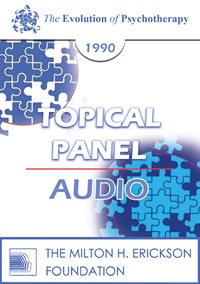EP90 Panel 09 - Key Ethical Considerations - Jay Haley, MA; Rollo May, PhD; Thomas Szasz, MD; Jeffrey K. Zeig, PhD
- Average Rating:
- Not yet rated
- Topic Areas:
- Topical Panels | Law & Ethics | Psychotherapy | Strategic Therapy | Ethical Practice
- Categories:
- Evolution of Psychotherapy | Evolution of Psychotherapy 1990 | Pioneers in Couples and Family Therapy
- Faculty:
- Jay Haley, MA | Rollo May, PhD | Thomas Szasz, MD | Jeffrey Zeig, PhD
- Duration:
- 1 Hour 01 Minutes
- Format:
- Audio Only
- Original Program Date:
- Dec 14, 1990
- License:
- Never Expires.
Description
Description: This panel addresses core ethical issues in psychotherapy, including avoiding harm, respecting autonomy, and ensuring informed consent. Topics include the ethics of involuntary treatment, dual relationships, licensing, and the use of diagnoses for insurance. The importance of voluntary participation and evolving ethical standards is also emphasized.
Moderated by Bill O'Hanlon, MS.
Educational Objectives:
- To compare and contrast clinical and philosophical perspectives of experts.
*Sessions may be edited for content and to preserve confidentiality*
Credits
Handouts
| Timestamped Transcript (815.5 KB) | 18 Pages | Available after Purchase |
| Ericksonian Learning Snapshot (245.9 KB) | 2 Pages | Available after Purchase |
Faculty
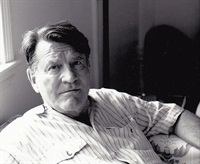
Jay Haley, MA Related Seminars and Products
Jay Haley (M.A., 1953, Stanford University) was Director of Family Therapy Institute of Washington, D.C. He was one of the leading exponents of the strategic/interpersonal approach to family therapy. Haley served as Director of the Family Experiment Project at the Mental Research Institute and as Director of Family Therapy Research at the Philadelphia Child Guidance Clinic. He has authoered seven books, co-authored two and edited five. Additionally, he has more than 40 contributions to professional journals and books. Haley is the former editor of Family Process, and the first recipient of the Lifetime Achievement Award of The Milton H. Erickson Foundation.
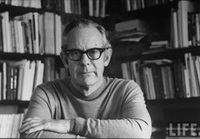
Rollo May, PhD Related Seminars and Products
Rollo R May, PhD In 1949, Rollo May received the first Ph/D in Clinical Psychology from Columbia University. In 1938, he was awarded a Master's of Divinity from Union Theological Seminary. Currently, he is in private practice in Tiburon, California. The author or co-authoer of 14 books, he is the recipient of many awards and honors for distingushed contributions and humanitarian work. He is one of the main proponents of humanistic approaches to psychotherapy and is the principal American interpreter of European existential thinking as it can be applied to psychotherapy.
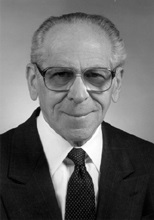
Thomas Szasz, MD Related Seminars and Products
Thomas S. Szasz, (M.D., University of Cincinnati, 1944) was Professor of Psychiatry at the State University of New York, Upstate Medical Center in Syracuse. He was recipient of numerous awards, including the Humanist fo the Year Award from the American Humanist Association and the Distinguished Service Award from teh American Institute for Public Service. He has received a number of honorary doctorates and lectureships, and served on the editorial board or as consulting editor for ten journals.
Szasz has authored approximately 400 articles, book chapters, reviews, letters to the editor and columns. He has written 19 books.
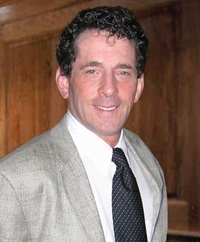
Jeffrey Zeig, PhD Related Seminars and Products
Jeffrey K. Zeig, PhD, is the Founder and Director of the Milton H. Erickson Foundation and is president of Zeig, Tucker & Theisen, Inc., publishers in the behavioral sciences. He has edited, co-edited, authored or coauthored more than 20 books on psychotherapy that appear in twelve foreign languages. Dr. Zeig is a psychologist and marriage and family therapist in private practice in Phoenix, Arizona.


